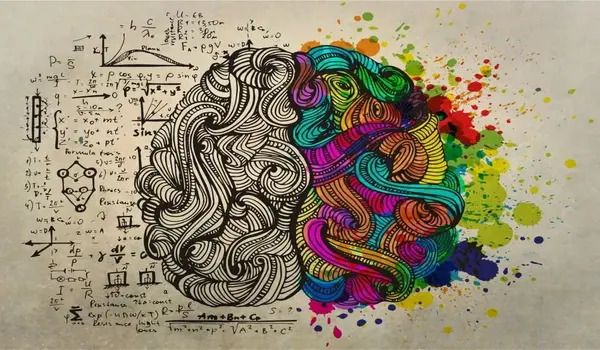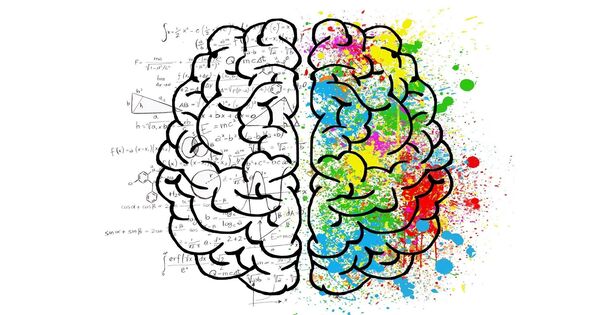According to a recent study, even those who think conventionally, such as accountants or insurance adjusters, can be creative if they can see emotional events from a new perspective.
In a series of tests, researchers discovered that traditional thinkers, individuals with a limited openness to new ideas and experiences, generated more creative thoughts than peers after engaging in “emotional reappraisal.” This entails viewing a situation via a different emotional lens, such as attempting to interpret an anger-inducing incident as neutral or optimistic.
The study, which was published in the journal Organizational Behavior and Human Decision Processes, suggests that creativity may be trained.
“One of the study’s implications is that creativity is not something that’s only accessible to people we think of as ‘creatives’,” said lead author Lily Zhu, an assistant professor in Washington State University’s Carson College of Business. “Whenever we break away from our existing perspective and try to think about something that’s different from our initial reaction, there’s a creative element to it. If we can practice or train that flexible-thinking muscle, it may help us be more creative over time.”
Whenever we break away from our existing perspective and try to think about something that’s different from our initial reaction, there’s a creative element to it. If we can practice or train that flexible-thinking muscle, it may help us be more creative over time.
Lily Zhu
Zhu and co-authors Chris Bauman and Maia Young of the University of California, Irvine, conducted a survey as well as two identical experiments with three separate groups of people. According to the initial poll of 279 college students, persons who are more creative and open to new ideas are more likely to practice emotional reappraisal on a consistent basis.
In an experiment involving 335 people recruited using a crowdsourcing site, the participants were initially ranked based on their level of openness before being shown a film sequence tailored to generate rage. While watching, participants were given various instructions: conceal their emotions, concentrate about something else to distract themselves, or try emotional appraisal (looking at the scene through a new lens). A portion were also given no instruction on how to regulate their feelings.
After viewing the film, the participants were asked to come up with an idea to use a space in their building being vacated by a cafeteria that was going out of business. Those ideas were then evaluated by a panel of experts who did not know anything about the participants. Ideas such as using the space for “napping pods” or opening a childcare facility were considered highly creative whereas opening a similar cafeteria or a food franchise were considered low in creativity.

The next experiment had a different group of 177 participants write about an experience that made them angry, rather than viewing a film. They were then tasked with either writing about it again from a different emotional perspective or writing about something else as a distraction.
In both experiments, conventional thinking participants who tried emotional reappraisal came up with more creative ideas than other conventional thinkers who used suppression, distraction or no emotional regulation strategy at all.
Notably, for participants who were already creative thinkers, emotional reappraisal did not appear to have a significant impact on their creativity. The authors argue that because creative people already exercise emotional reappraisal on a daily basis, doing more of it has less of an impact, similar to adding gas to a car that already has fuel.
The findings have implications for increasing business productivity, according to the researchers, because it appears possible to tap into the knowledge and experience of more employees by encouraging their creativity, even those in traditional occupations such as accounting, insurance adjustment, and data analytics.
Zhu proposed that supervisors create training programs to help employees improve creative thinking skills. When presented with a crisis or problem, individuals can exercise emotional reappraisal rather than suppressing negative emotions.
“Negative emotions are inevitable in the workplace,” Zhu told me. “The question is not whether we want to experience negative feelings or not. The question is, how can we cope with them in a more productive and healthy way? One of the implications of this study is that we might use unpleasant emotions in our daily lives to improve flexible thinking.
















